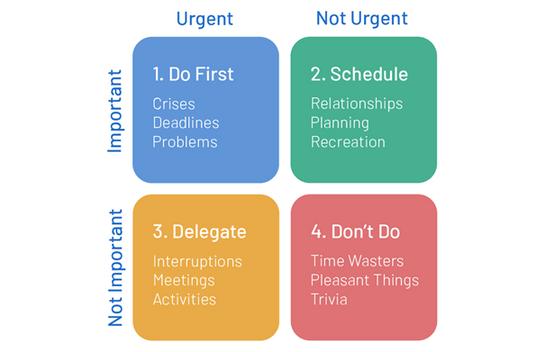2 minute read
Adaptability
E-module II. Problem Solving Skills
Adaptability
WHAT IS ADAPTABILITY?
Adaptability is the ability to deal with something new, unexpected that change the situation presenting new challenges (Martin, A. J., 2010).
Thus, adaptability is nothing more than the skill that allows a person to be able to adapt to a changing environment, thus facing the challenge that every change brings.
“Adaptability’ is formally defined as the capacity to adaptively regulate cognition, emotion, and behavior in response to new, changing, and/or challenging conditions and circumstances” (Martin, 2010).
This is why mentoring is so important, as behaviour and the control/understanding of emotions are fundamental to successful training. It is extremely important that the mentor and mentee get used to and adapt to each other's behaviour and evolve together to overcome the challenges of the training.
E-module II. Problem Solving Skills
Adaptability
ADAPTABILITY MEANS:
The mentor has to handle all the different personalities of their mentees.
The mentor has to guide their mentee, stimulating them to improve themselves and to do this they need to understand their behaviour and personality.
The mentor must continually have the ability to adapt to changes in the mentee throughout the training.
All parties involved in the training must change and grow simultaneously and always adapt to the new situation that arises.
The mentee during a training is continually stressed and challenged on aspects that may be new and complex to understand. For this reason, adaptability is crucial for the success of the training.
The mentee has to gain a true position of leadership and guidance from the mentor.
E-module II. Problem Solving Skills
Adaptability
ACTIVITIES/TOOLS TO IMPROVE ADAPTABILITY SKILLS:
THE MAIN OBSTACLES AND CHALLENGES:
Accept and learn from your mistakes
Accept and face directly the changes
Learn from your mistakes and use them to build your own path
Explore and study the unknown environment without any fear of making questions
Lack of acceptance and refusal to be in control of the situation
Lack of commitment to opening one's horizons and studying new changes causes considerable problems for the person who wants to improve his or her adaptive skills
Mental and emotional blocks that do not allow the person to adapt to a new reality that makes them feel afraid and uncomfortable
E-module II. Problem Solving Skills
Adaptability
Activity 1: Change your look
Step 1: Divide all participants in pairs. Step 2: Ask the participant to define one that will be the observer and the other one making changes. Step 3: One participant close his eyes, while the other one change some aspect of his outfit. Step 4: The observer closes his eyes and the other one start to do 5 changes. Step 5: The observer has 30 seconds to understand what it changed. Step 6: Invert the roles and repeat the exercise. Step 7: Repeat the exercise doing 10 changes. Step 8: Debriefing, all participants describe their feelings after the changes.
Activity 2: Changing seats
Step 1: Ask all participant to switch seats. Step 2: Ask several questions regarding the change. Step 3: Repeat step 1 and 2. Step 4: Debriefing.




